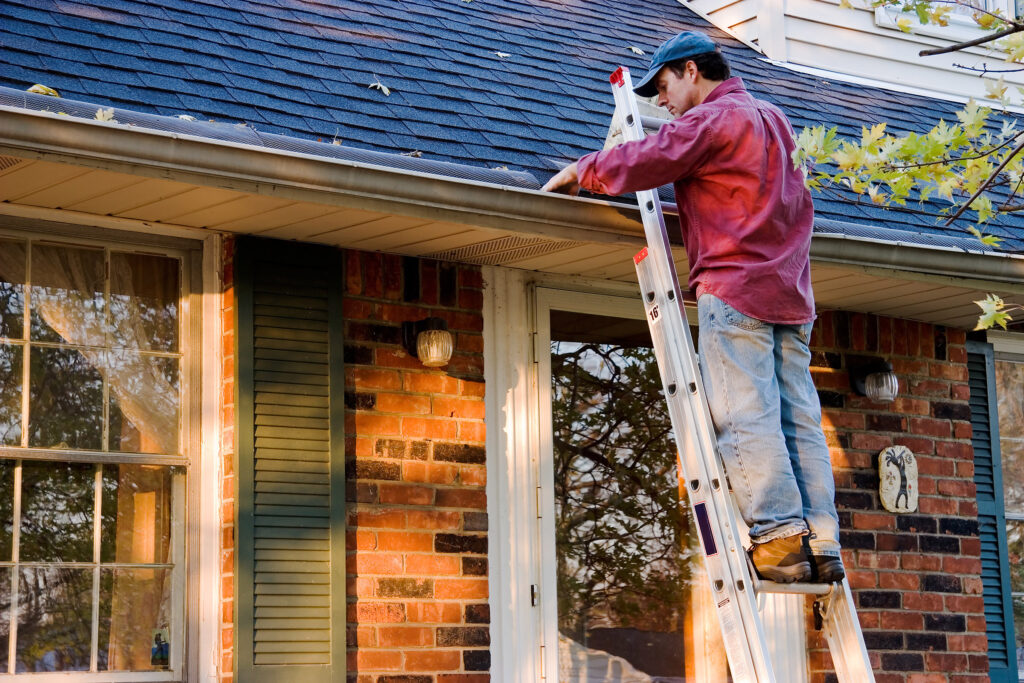
First time home buying is a significant life milestone that can be both exciting and daunting. For many people, it is the biggest investment they will ever make, so it is important to approach the process with careful consideration and preparation. In this article, we will provide tips and guidance for first-time homebuyers to help make the process less overwhelming.
Table of Contents
8 Tips For First-Time Homebuyers
Below are some tips to help you if you are wondering how to buy a house for the first time.
1. Determine Your Budget & Get Pre-Approved
Before you start searching for your dream home, it’s essential to determine your budget and get pre-approved for a mortgage. Start by evaluating your financial situation and determining what you can comfortably afford. You’ll need to consider your income, monthly expenses, and savings to determine a realistic budget.
Once you have a budget in mind, it’s a good idea to get pre-approved for a mortgage. This will give you a clear idea of how much you can borrow and what your monthly payments will be. Pre-approval can also make the home-buying process smoother by giving you an edge in a competitive housing market.
2. Research Potential Locations And Properties

Source: pinterest.com
Choosing the right location is critical when it comes to buying a home. The neighborhood you choose will impact your daily life, your commute, and your property’s resale value. Determine the location that is ideal for you by considering factors such as school district, proximity to public transportation, and the community’s safety.
It’s also essential to identify the property type that will suit your needs. Consider the number of bedrooms and bathrooms you need, the size of the yard, and any special features you want. Research potential properties to get a sense of what’s available in your preferred neighborhood and at your desired price point.
3. Hire A Real Estate Agent
Working with a real estate agent can make the home-buying process less stressful and more manageable. An experienced agent can help you navigate the local housing market, assist with negotiations, and offer expert advice on your home search.
To find a reputable agent, start by asking for recommendations from family and friends. You can also search online for agents in your area and read reviews from previous clients. Be sure to interview potential agents to get a sense of their experience and communication style.
4. Attend Open Houses & Schedule Showings
Attending open houses is an excellent way to get a feel for the local housing market and explore potential properties. During an open house, you’ll be able to walk through the home, ask questions, and get a sense of the property’s condition.
Once you’ve identified a few properties you’re interested in, schedule showings with your agent. During a showing, you’ll have the opportunity to explore the property in more detail, ask any additional questions you may have, and get a sense of whether the home is right for you.
5. Make An Offer & Negotiate

Source: pinterest.com
When you’ve found the right property, it’s time to make an offer. Work with your agent to determine an offer that is both reasonable and competitive. Your offer should include the sale price, any contingencies, and a closing date.
Once you’ve made an offer, be prepared to negotiate. The seller may come back with a counteroffer, and it’s important to be prepared to negotiate to reach a deal that is acceptable to both parties.
6. Complete Inspections & Closing
Once your offer has been accepted, it’s time to complete inspections and prepare for closing. Inspections are an essential part of the home-buying process as they can help identify any issues with the property that may impact your decision to purchase.
The closing process can be complex and may involve multiple parties, including your agent, the seller’s agent, the lender, and the title company. During closing, you’ll sign a variety of documents and pay closing costs, including taxes, insurance, and any fees associated with the transaction.
7. Maintain Your Home

Source: pinterest.com
One of the most important things you can do as a new homeowner is to maintain your home properly. Regular maintenance can help you catch small issues before they become major problems and save you money in the long run. Tasks such as cleaning gutters, changing air filters, and inspecting the roof are all part of proper home maintenance.
8. Plan For Future Expenses
Homeownership comes with ongoing expenses, so it’s important to plan and budget for them. You’ll need to pay for property taxes, utilities, insurance, and maintenance costs. It’s also a good idea to have a contingency fund in case of unexpected repairs or emergencies.
Buying a house for the first time can be a daunting experience, but with the right preparation and guidance, you can make the process less overwhelming. Remember to take your time, research your options, and work with professionals who can help guide you through the process. Happy house hunting!







